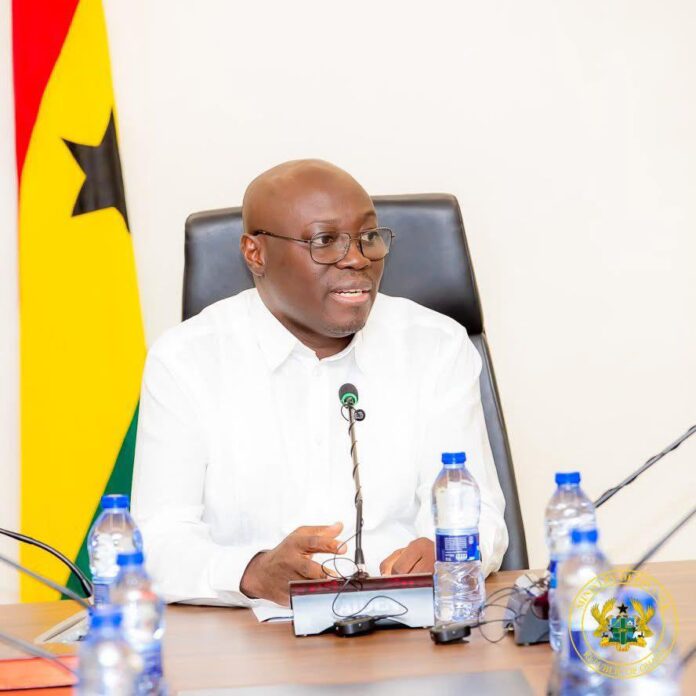Government is moving to reassure investors, donors, and markets that Ghana will maintain fiscal discipline after exiting the International Monetary Fund (IMF) programme in May 2026.
Concerns have been raised that the country could return to unsustainable spending once the IMF programme ends. But government sources told Joy Business that such fears are unfounded, insisting Ghana’s current performance under the arrangement demonstrates a strong commitment to prudence.
To boost investor confidence, officials say government is considering subscribing to one of the IMF’s policy instruments — not a full programme — as a signal of stability to assure markets that fiscal discipline will hold.
This comes amid arguments by some donors that Ghana’s macroeconomic recovery has been driven largely by IMF oversight. A government official, however, rejected this, stressing that the fiscal checks are the result of deliberate policy choices, not merely IMF enforcement.
Still, market watchers remain cautious. Ratings agencies are said to be factoring in the risk of post-IMF slippages in their upcoming assessments of Ghana’s creditworthiness. Analysts warn that sustaining discipline beyond May 2026 will be one of government’s biggest challenges, especially after President John Mahama announced that the programme will not be extended.
Meanwhile, an IMF staff mission is expected in Accra at the end of September 2025 for the fifth review of Ghana’s programme. This penultimate review — following the fourth assessment earlier this year — will evaluate economic data up to June 2025. The final review is scheduled for April 2026.
According to Joy Business sources, the review will focus on key indicators, including inflation, reserve sustainability, revenue shortfalls, arrears audits, and challenges facing state-owned and private banks in need of recapitalisation. Particular attention will also be given to arrears in statutory funds such as the NHIL, GETFund, and Road Fund, as well as gaps in social spending.
The $3 billion IMF programme, approved in May 2023 under a 36-month Extended Credit Facility (ECF), has been critical in stabilising Ghana’s finances. Its priorities include restoring public finances through improved revenue mobilisation and spending efficiency, expanding social protection, implementing structural tax and financial reforms, addressing energy and cocoa sector weaknesses, and tightening monetary policy to control inflation.
While donors continue to urge Ghana to build “shock absorbers” to maintain stability after IMF support ends, government insists its commitment to discipline is genuine and long-term.
Source: Joy Business


